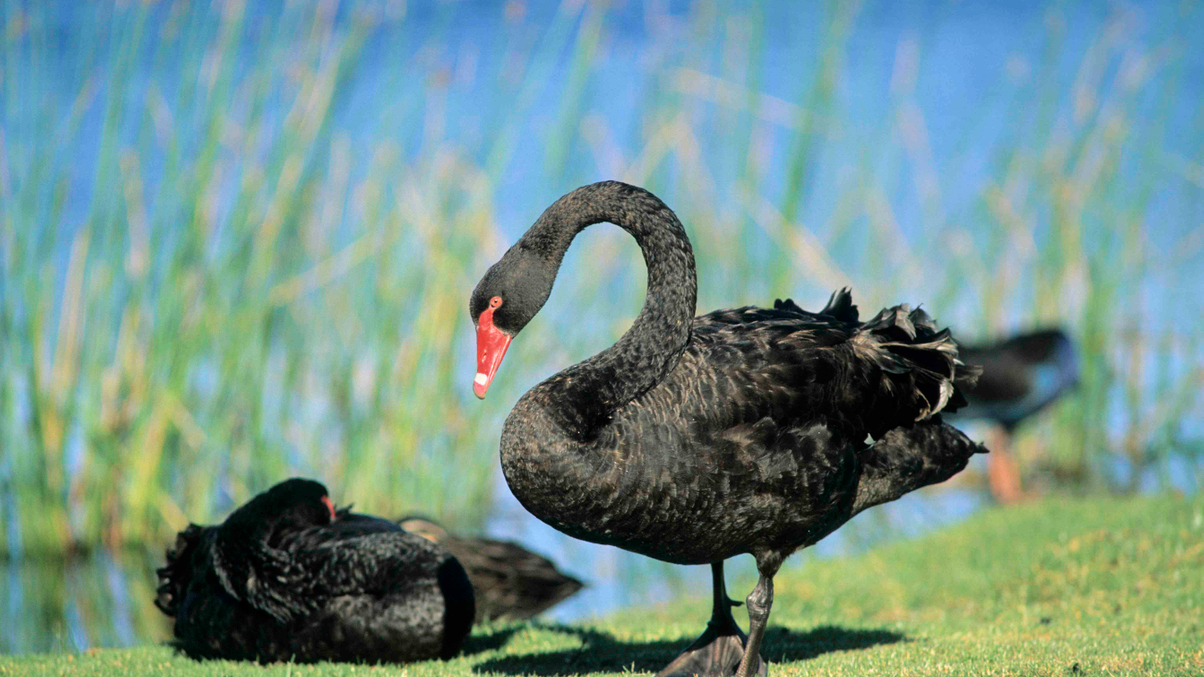Black swan sightings tipped for China, US
As nations lock horns in a geopolitical tug-of-war over global supply chains, the effects of RMB liberalisation and hasty tapering in the US could prove destabilising, warns Parag Khanna.

The next black swan event may occur in the US, rather than China, as hasty tapering and renminbi liberalisation may undo the benefits of quantitative easing in the former country, argues independent global strategist Parag Khanna.
Sign in to read on!
Registered users get 2 free articles in 30 days.
Subscribers have full unlimited access to AsianInvestor
Not signed up? New users get 2 free articles per month, plus a 7-day unlimited free trial.
¬ Haymarket Media Limited. All rights reserved.


